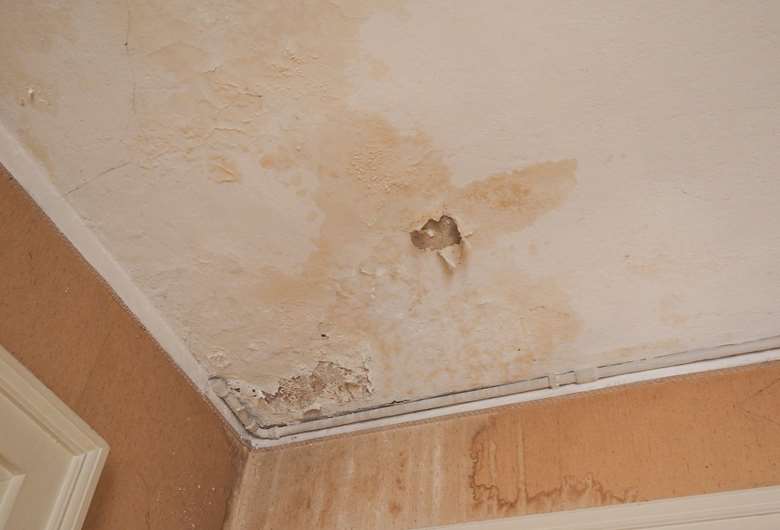Researchers to study effect of indoor air pollution on children
Thursday, June 21, 2018
The adverse effects of indoor air pollution on children in the UK are to be investigated for the first time.

A new working group, led by the Royal College of Paediatrics and Child Health (RCPCH) in collaboration with the Royal College of Physicians (RCP), will consider the potentially harmful impact of indoor air pollution on child health and how it can be combatted, in a new study.
The working group will:
- review evidence of the causes and ways in which indoor air pollution in homes and schools adversely affects the health of children
- produce a report that makes recommendations to influence the planning and building of new homes and schools in order to mitigate risk
- highlight the potential contributions of climate change on indoor air pollution
The report, due to be published in autumn 2019, will provide recommendations to the Government on what can be done to reduce indoor air pollution.
This will include looking at steps such as adjusting ventilation, filtering air and controlling indoor sources of pollution.
The review has been funded by Dyson Technology Limited, with further funding for the project’s continuation pledged by organisations including the British Heart Foundation, Allergy UK, the British Society for Allergy & Clinical Immunology, Airtopia and the Mayor of London’s office.
Professor Stephen Holgate, co-chair of the Indoor Air Quality Working Group and special adviser to the RCP on air quality, said, ‘The adverse health consequences on children of outdoor air pollution are now well established and are influencing policies to reduce exposure.
‘However, since children spend 80 per cent of their time indoors and with increasing drives to conserve heat with the “sealing” of homes, pollution exposure indoors becomes a major issue for children’s health and development.
‘This project is the first of its type. The working group will review the best evidence available to help identify the problem and provide clear advice for the public and industry to prevent and minimise harmful effects on this vulnerable group.’
Professor Jonathan Grigg, a paediatric respiratory consultant and co-chair of the working group, added, ‘The potential for indoor-generated air pollution to cause major health effects in children cannot now be ignored.
‘In this working group, we will therefore explore in more depth how indoor air pollution affects vulnerable groups, and how its health effects can be prevented. We will not only consider obvious pollutants such as those generated in cooking and heating, but also environments associated with social deprivation that increase the amount of mould spores in the indoor air.
‘For example, in England, the proportion of households living in a dwelling with damp is three times higher for those in the lowest income group, compared with those in the highest income group.
'Indoor air pollution needs to be taken as seriously as outdoor air pollution.'




